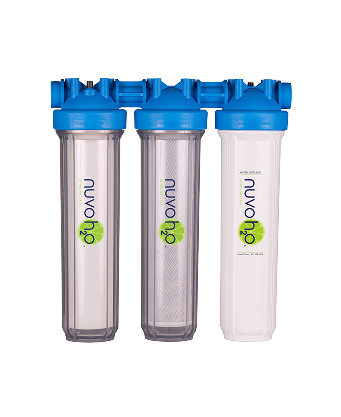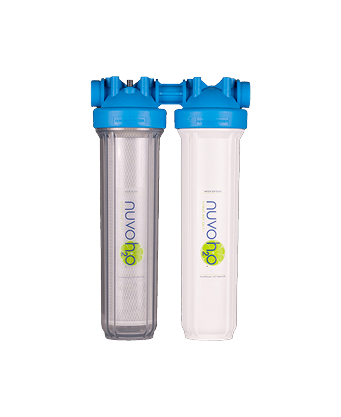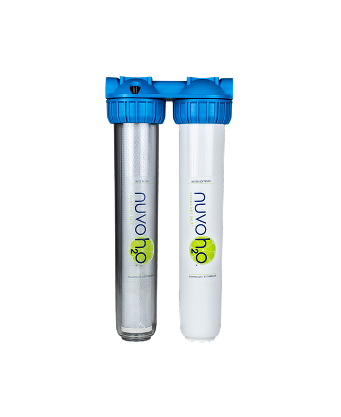
What’s the Cost Difference Between Salt-Based and Salt-Free Softeners?
4th Nov 2024
When it comes to home water treatment, choosing between salt-based and salt-free water softeners can make a big difference in both cost and performance. Understanding the financial aspects of each can help you make an informed decision for your household. NuvoH2O is here to help — learn more and contact us today!
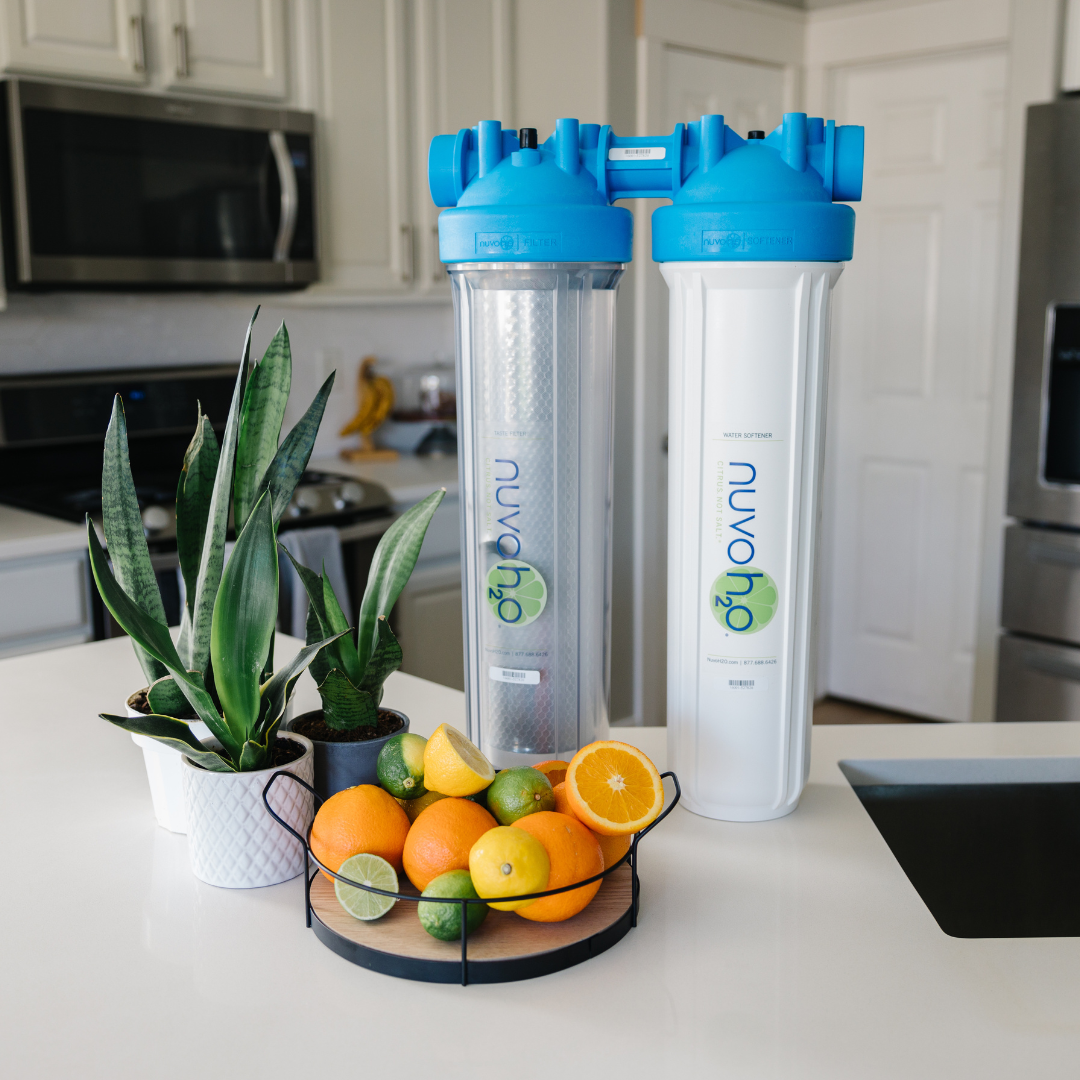
Initial Purchase Cost
Salt-based softeners generally have a lower initial cost than salt-free systems. While they’re more affordable upfront, this doesn’t account for the long-term costs associated with salt usage and maintenance.

Maintenance and Salt Costs
Salt-based softeners require regular refills of salt, which can add up over time. Additionally, these systems require occasional maintenance to ensure optimal performance. Salt-free water softeners, on the other hand, need minimal upkeep and no salt refills, making them a more budget-friendly option over time.
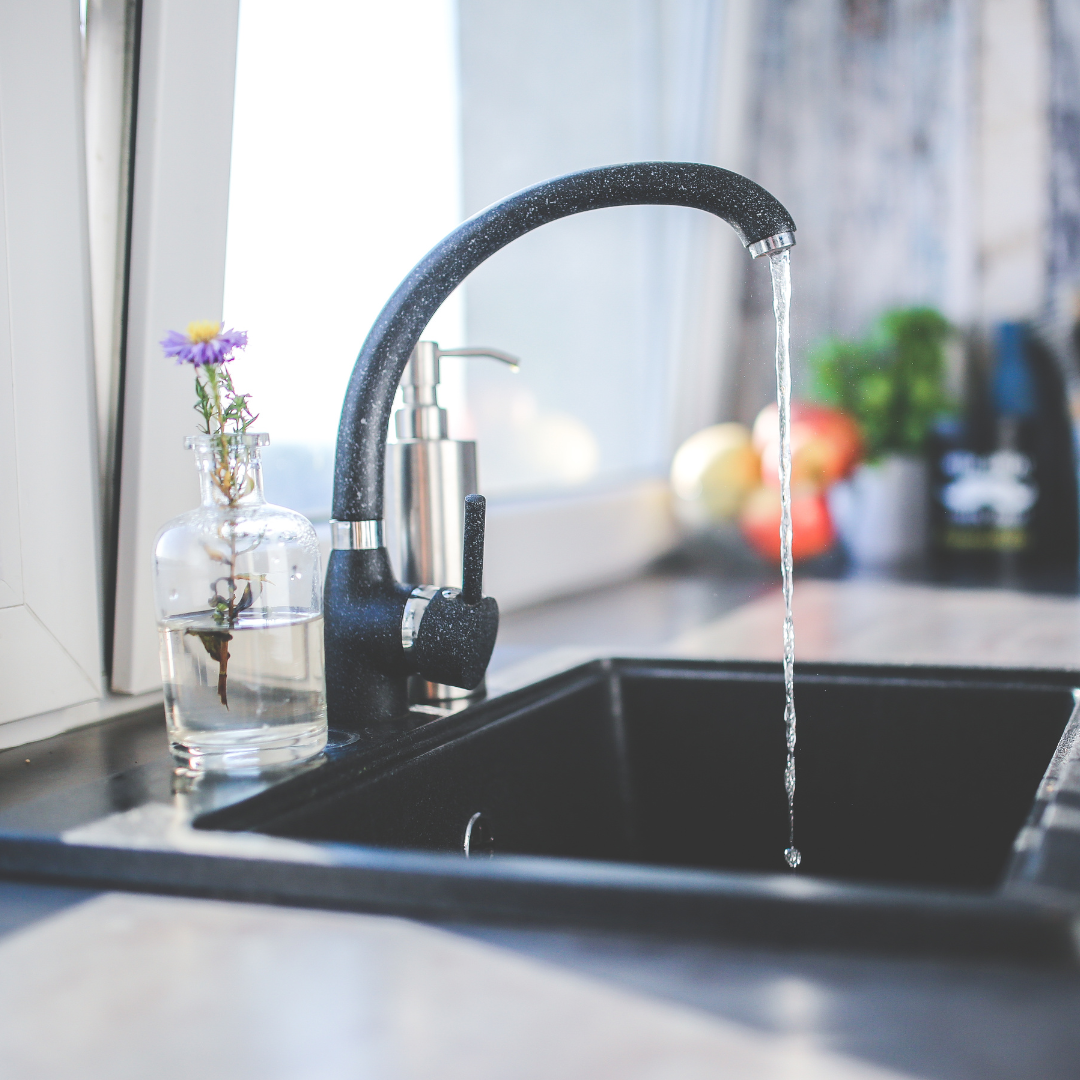
Water and Energy Savings
Salt-based systems often waste a significant amount of water during the regeneration process. This not only affects your water bill but also contributes to a higher environmental impact. Salt-free softeners don’t use water for regeneration, which can result in lower water bills and reduced energy costs.
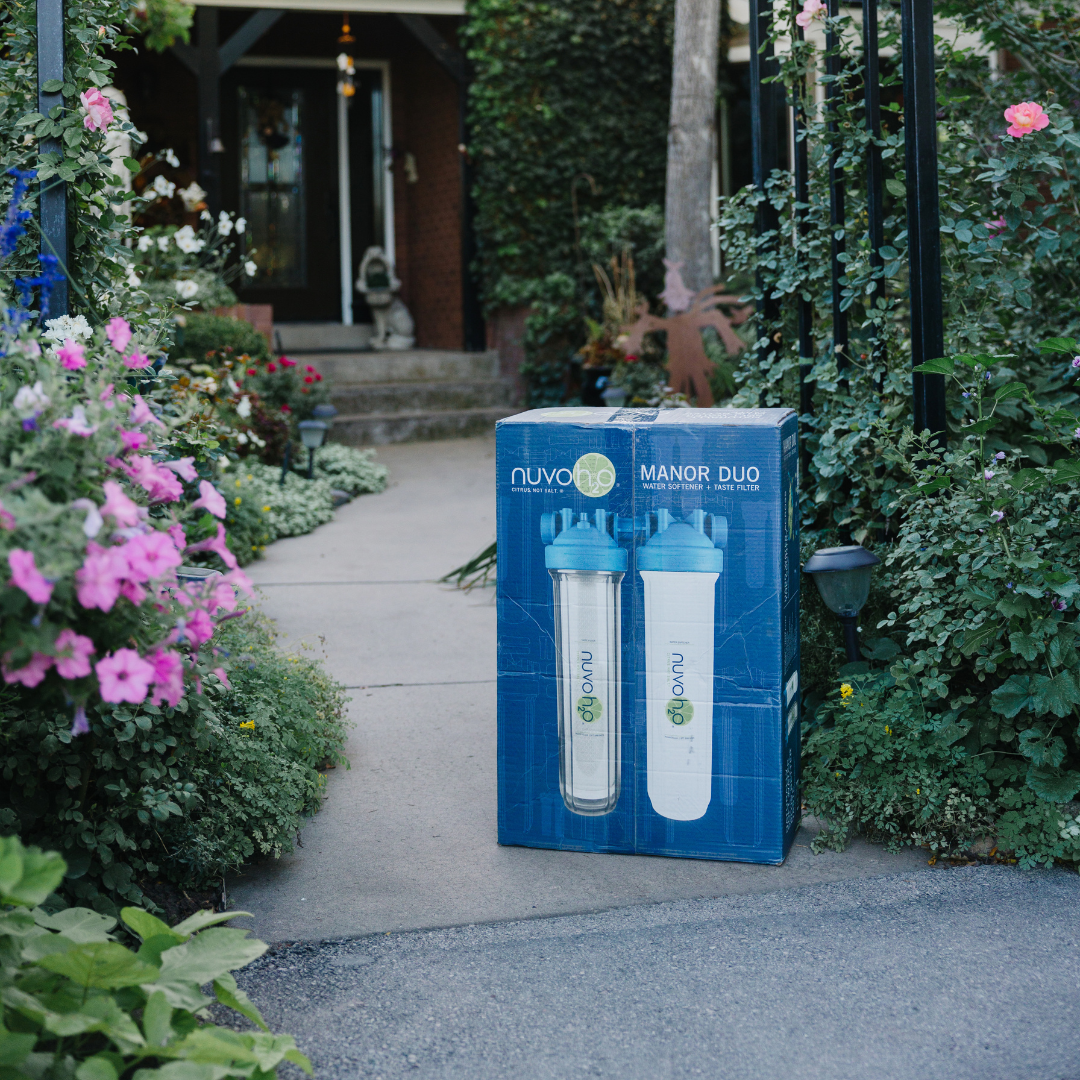
Lifespan and Durability
Salt-free systems tend to have longer lifespans due to their low-maintenance design. While salt-based softeners may require replacement parts or more frequent servicing, salt-free units generally last longer without the need for extensive repairs, saving you money in the long run.
When weighing the costs, salt-free water softening is often more economical over time due to minimal maintenance, no salt expenses, and greater water efficiency. If you’re considering a new water filtration solution, a salt-free water softener from NuvoH2O can offer substantial savings and convenience without sacrificing effectiveness. Reach out to our team for home water treatment today!

